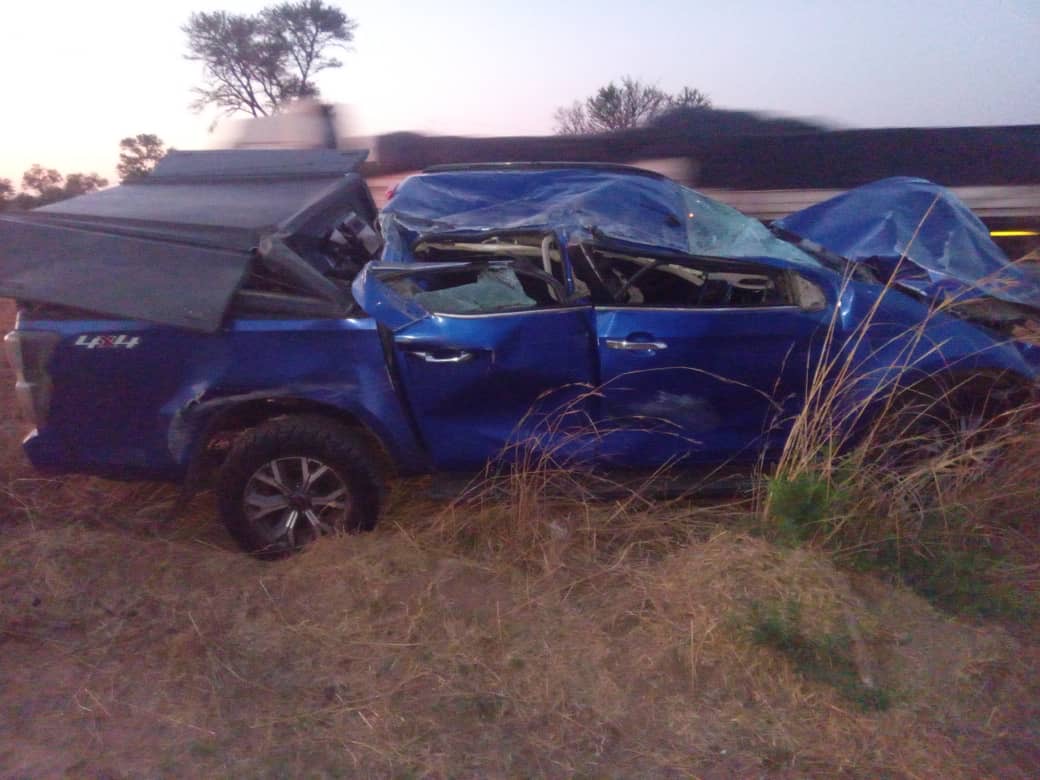BY OWN CORRESPNDENT
Econet Wireless Zimbabwe on Friday re-opened its refurbished main shop in Bulawayo, which was closed for extensive renovations earlier in April this year, as the company worked at an all-new, customer-centric and eco-friendly design, better suited to deliver a vastly improved customers experience.
The refurbishment is part of Econet’s ongoing policy of implementing an innovative, one-stop-shop concept that ensures great customer experience while leveraging advanced back-office systems and communication technologies to improve customer service.
The shop, located in the Bulawayo central business district, now has an all-new, completely refurbished interior layout, with a spacious and customer-friendly ambiance, featuring a mix of state-of-the-art, self-service technology and conventional face-to-face counters.
The building’s meeting rooms and office space have also been fully redesigned, with the entire roof of the building now overlaid with solar panels, to ensure clean energy supply for the building.
Econet chief operating officer Kezito Makuni, speaking at the reopening of the shop, said the new-look shop demonstrates the company’s dedication to continuously delivery improved service to all its customers, as well as Econet’s commitment to the City of Bulawayo and the southern region as a whole.
Makuni said the new shop will offer end-to-end support to Econet customers, ranging from airtime purchases, new SIM purchases and replacements, bill payments, EcoCash and Steward Bank services, as well as the sale of mobile devices, among other things.
“This shop serves more than 20 000 customers every month, who walk through these doors to buy airtime, purchase handsets and SIM cards, and to get support with various queries for services such as Ecocash transactions reversals and the like.
“We are also excited to announce that the one-stop-shop will also now be hosting a dedicated, High Value Customer section, for priority service experience for our HVCs,” Makuni said.
The new shop is expected to increase multi-sectoral business linkages in Bulawayo and provide communication solutions for various industries in the region.
Econet is a diversified telecommunications and technology company with over 14 million subscribers.
The Zimbabwe Stock Exchange-listed firm envisions a digitally connected future that leaves no Zimbabwean behind.
Since its establishment in 1998, Econet has built an extensive distribution channel network throughout the country, which has created employment for hundreds of thousands of Zimbabweans and significantly contributed to the country’s public finances through taxation and various levies and other statutory obligations.

 Slider3 years ago
Slider3 years ago
 National4 years ago
National4 years ago
 Tourism and Environment4 years ago
Tourism and Environment4 years ago
 Opinion4 years ago
Opinion4 years ago
 Special reports4 years ago
Special reports4 years ago
 National4 years ago
National4 years ago
 National3 years ago
National3 years ago
 National3 years ago
National3 years ago




